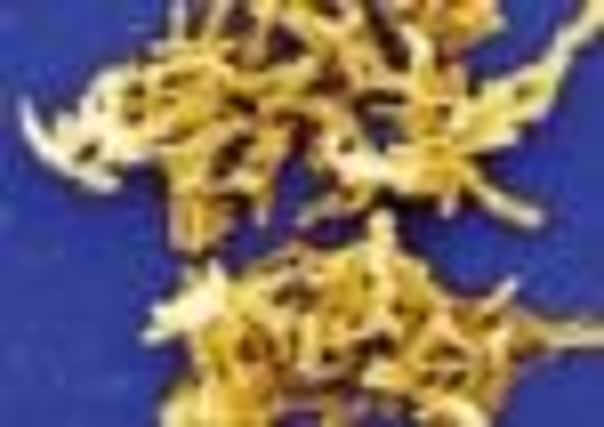Hospitals on alert over new strain of superbug


The unidentified case is said to be one of the first in Europe involving a new mutation of the bacterium, which emerged in Australia last year and has led to a surge in infection across several states there.
Scottish Government agency Health Protection Scotland (HPS) said a patient had become unwell after being transferred from one hospital to another in a different health board area.
Advertisement
Hide AdAdvertisement
Hide AdThe patient is now recovering and is due to be discharged shortly.
But HPS has not identified the patient or the hospitals involved.
Two cases of the new C.diff strain have been reported in England, but so far there has not been any significant spread of the infection.
Known as ribotype 244, the new strain is from the same family as the bug which sparked a deadly outbreak at the Vale of Leven Hospital in West Dunbartonshire in 2007, involving 55 patients and 18 deaths.
Dr Camilla Wiuff, healthcare scientist at HPS, said: “The strain has the ability to spread in the patient population. That is why we are giving a heads-up – so the health service and hospitals know that it has come to the UK. There are no implications [from ribotype 244] for the population of hospital patients as yet, but we will keep an eye on it and monitor it very closely.”
C.diff is a bacterium found in the gut which rarely causes problems, but it can make people unwell when it grows unchecked. Taking antibiotics can disturb the normal balance of gut bacteria and allow C.diff to thrive, making people ill with diarrhoea and in some cases severe inflammation of the bowel, which can be life-threatening.
Rates of C.diff infections in Scotland have fallen considerably since a peak in 2007, with significant decreases reported last year, particularly among the over-65s. The total number of new cases identified in this age group in 2011 was 1465, a 34 per cent drop on 2010.